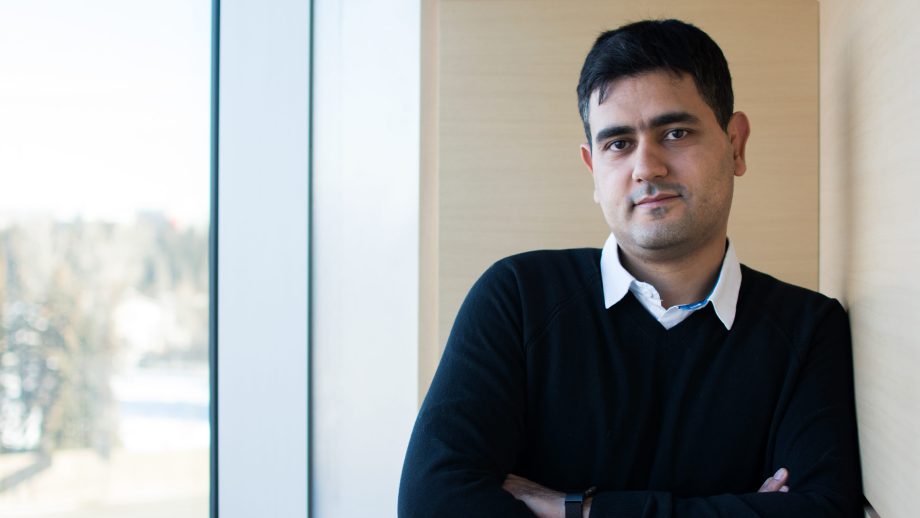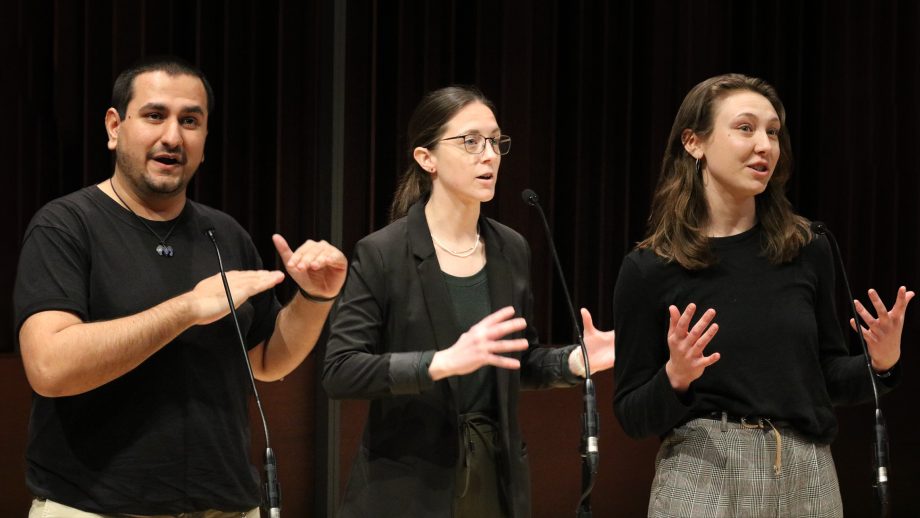The Criminal Justice program focuses on different aspects of the police, courts, and corrections, while exploring the social responses to crime. Criminal Justice is an interdisciplinary degree (3-year, 4-year, or Honours) that develops critical thinking, writing, and research skills. It offers current research on the Canadian criminal justice system, historical background, an overview of crime causation theories, and an understanding of the role of the law and its application in society.
Many Criminal Justice graduates go into careers with the Correctional Service of Canada, Canada Border Services Agency, the Royal Canadian Mounted Police, or municipal police forces such as those in Winnipeg, Calgary, Edmonton, or Toronto. Some graduates also work for private, non-profit service agencies involving youth, addictions, crime prevention, or general social services. Some graduates continue on to law school or graduate studies.
NEW – The University of Winnipeg is offering a new Master of Arts degree in Criminal Justice. Find out more here.
PROMOTING POSITIVE BEHAVIOR
Professor: Dr. Michael Weinrath

Michael Weinrath, ©UWinnipeg
Dr. Michael Weinrath’s research focuses on the areas of corrections and problem-solving courts. His newest book, Behind the Walls, collects many of his findings to present a picture of institutional life in Canada over the last 30 years.
“I do program evaluation research and try to find out whether interventions from different agencies are actually effective in changing human behaviour for the better,” said Weinrath. “That means reducing the amount of repeat crime or trying to promote more positive behaviours such as getting over addiction and managing mental health concerns.”
Weinrath says the most positive aspect of his research is the involvement of students, who assist with everything from conducting surveys to typing transcripts.
“Our students have got a lot of exposure at the undergraduate level to some fairly involved and responsible research.”
CHALLENGING MISCONCEPTIONS
Student: RainShyne Morpheus

RainShyne Morpheus, ©UWinnipeg
RainShyne Morpheus was initially interested in taking the Criminal Justice program because it was “edgy, relevant, and current.” She quickly found the program had much more to offer than that.
“There are many wake-up calls in your first year of study, especially with taking the condensed intro class,” said Morpheus, who is now president of the Criminal Justice Students Association. “It’s kind of like a smack in the face of what reality is versus what the general public perceives.”
Morpheus says the biggest misconception is the veracity of the tough-on-crime theory — a viewpoint that argues for punishment over rehabilitation. In fact, Criminal Justice students are provided a holistic view of the justice system, in order to treat all citizens fairly. “One of the quintessential mantras we are taught is Blackstone’s formulation: it is better that ten guilty go free, than one innocent suffer.”
Following graduation, Morpheus plans to complete her master’s and PhD in psychology, and eventually become a forensic psychologist.
GIVING BACK TO THE COMMUNITY
Alumna: Camella Budzinski

Camella Budzinski, photo supplied
Camella Budzinski is a constable with the Calgary Police Service. She graduated from the Criminal Justice program in 2012, and later earned a Juris Doctor degree from the University of British Columbia in 2016.
“What I love most about my career is that it is meaningful and challenging,” said Budzinski. “As a police officer, I am able to make a difference in and give back to the community in which I live and work. I enjoy that I am constantly learning and that each of my days at work is different.”
The program provided Budzinski a broader understanding of criminal justice professionals, trends, and issues facing communities.
“My professors at The University of Winnipeg encouraged me to think critically about contemporary criminal justice issues. This type of thinking informs my decision-making and problem-solving in my day-to-day work as a police officer.”
* * * * *
See more Spotlight features here.




